Manchester Arena Inquiry: Police force 'better prepared for terror attack'
- Published

Twenty-two people died in the bombing which happened at the end of an Ariana Grande concert
Police in Manchester will be "far better prepared" for a terror attack after the 2017 arena bombing, a deputy chief constable has said.
Terry Woods, from Greater Manchester Police (GMP), made the comments at a hearing about recommendations made following the inquiry into the attack.
He said a structure put in place by GMP to learn lessons after the attack, which killed 22 people, would remain.
But he warned that other forces in the country should be doing more.
He told the hearing, which was attended by family members of some of the victims, the Manchester Arena Inquiry would have a "legacy" in the force.
Twenty-two people died and hundreds more were injured when Salman Abedi detonated a device at the end of an Ariana Grande concert at the Manchester Arena on 22 May 2017.
The public inquiry into the attack ended in March 2022 after hearing evidence from 267 witnesses since September 2020.
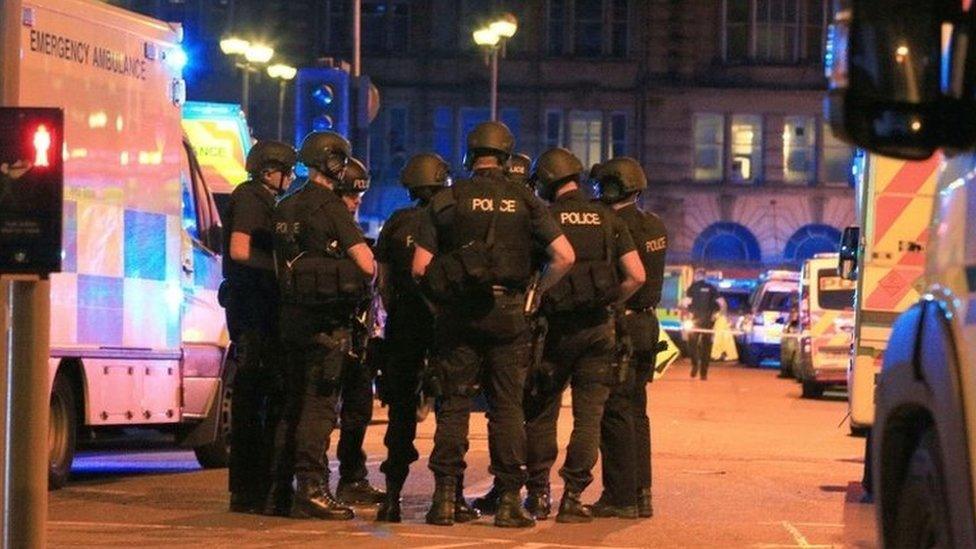
A public inquiry looked into circumstances surrounding the bombing
Mr Woods said: "It will be an assurance to us and I hope the public that if anything happens again we will be far better prepared.
"This attack happened on our patch. It's never not going to be in the DNA of GMP.
"It's important to us and that's one of the reasons why this will carry on."
Asked by the inquiry chairman, Sir John Saunders, if police in other areas of the country should be doing more, Mr Woods said: "As it stands, at present, yes.
"I do think other forces should be doing more."
But he said there had been "positive moves" towards more training nationally.
Mr Woods said GMP had fulfilled recommendations, including to regularly review its major incident plan and ensure it had guidance on the roles of North West Ambulance Service and Greater Manchester Fire and Rescue Service.
The public inquiry found a decision to send fire crews three miles away from the scene led to firefighters arriving more than two hours later.
Sir John said: "To me, one of the most surprising things of the inquiry is that people didn't realise the fire service were not there, with all their ability to remove people."
The inquiry, sitting for three days to check progress on the recommendations, was also told how plans to involve non-specialist ambulance personnel in multi-agency training exercises could take years to achieve.
Gerard Blezard, director of operations for North West Ambulance Service, said 6,000 staff would need the training, which would mean a significant cost and the organisation does not yet have the infrastructure availability.
Sir John asked: "Is it going to be, in your view, impossible to do?"
Mr Blezard said: "I'd say it's a big challenge for us. I don't think it's something we can deliver in the immediate future.
"I think we're talking years before we can get to this position."
How a schoolboy from south Manchester became a suicide bomber
He also said a recommendation to increase the number of national interagency liaison officers had not yet been possible.
However, Mr Blezard said he was satisfied the service was making real changes, which could save lives, but some of the changes were ongoing.
The hearing, at Manchester Hall, was told a training exercise held last November identified a number of failings by North West Fire Control, with similarities to what had gone wrong after the arena bombing.
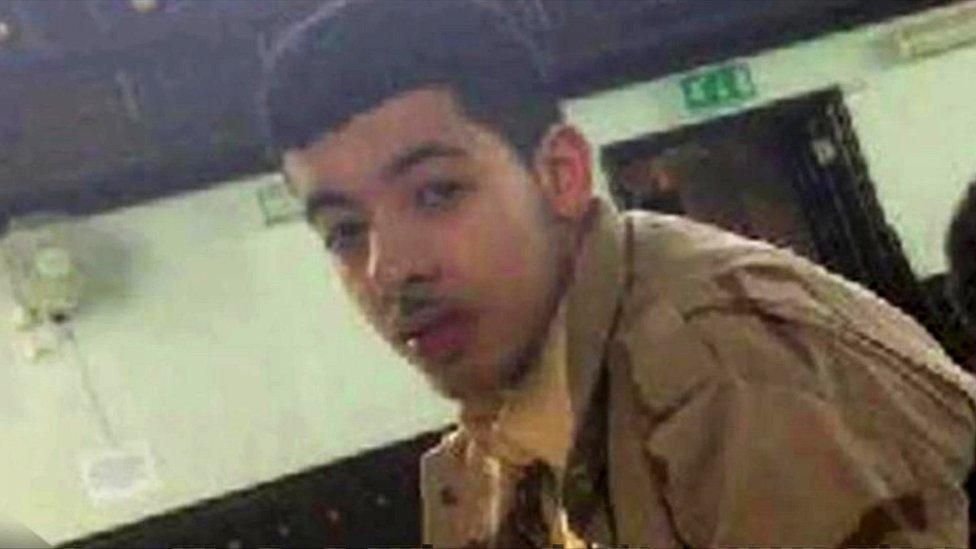
Salman Abedi, pictured, planned the attack with his younger brother Hashem
Sarah-Jane Wilson, head of the service, was asked how confident she was that if a major incident happened again those mistakes would have been addressed.
She said: "I'm very confident because I know these have been addressed and I know we have subsequently tested them in other exercises since then."
The inquiry will continue to hear evidence on the recommendations on Tuesday.

Why not follow BBC North West on Facebook, external, Twitter, external and Instagram, external? You can also send story ideas to northwest.newsonline@bbc.co.uk, external
- Published9 March 2023

- Published8 March 2023
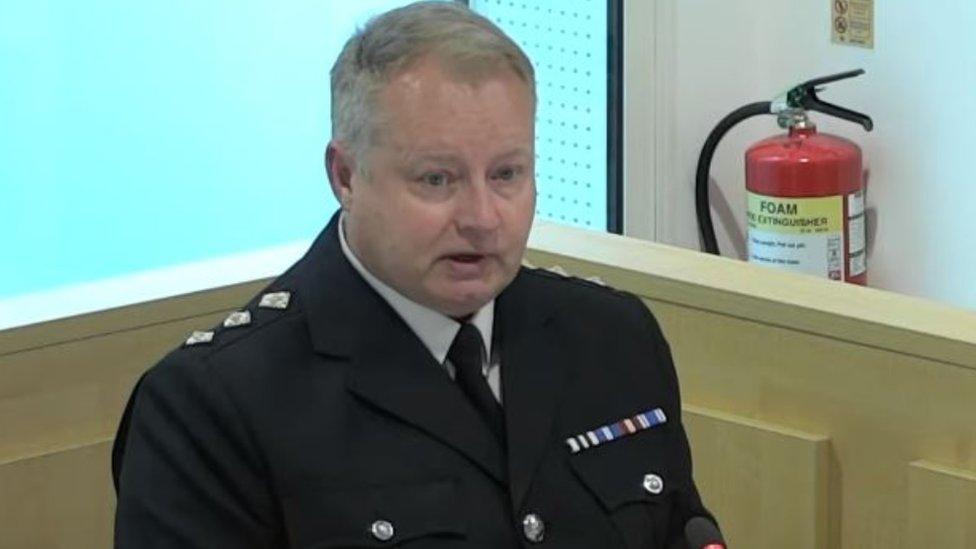
- Published3 March 2023

- Published2 March 2023

- Published2 March 2023
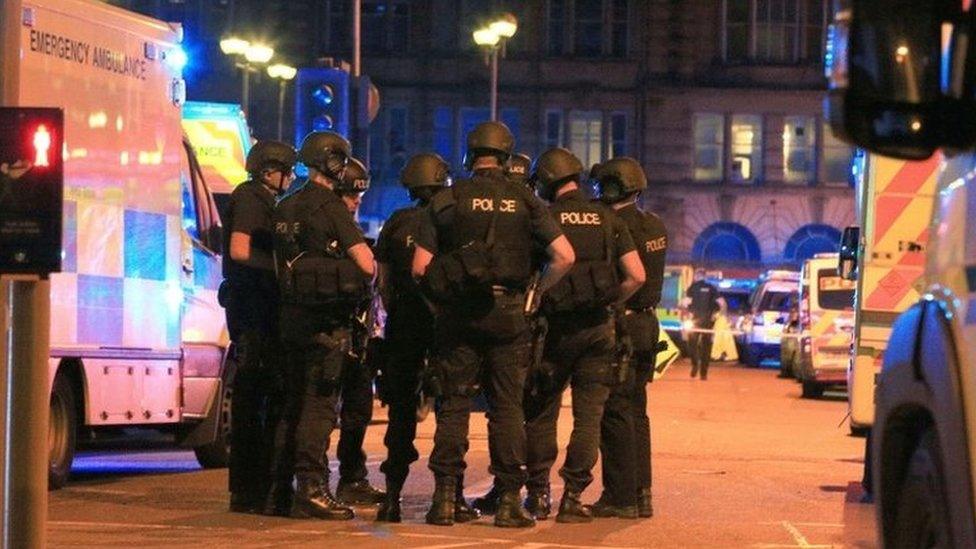
- Published2 March 2023
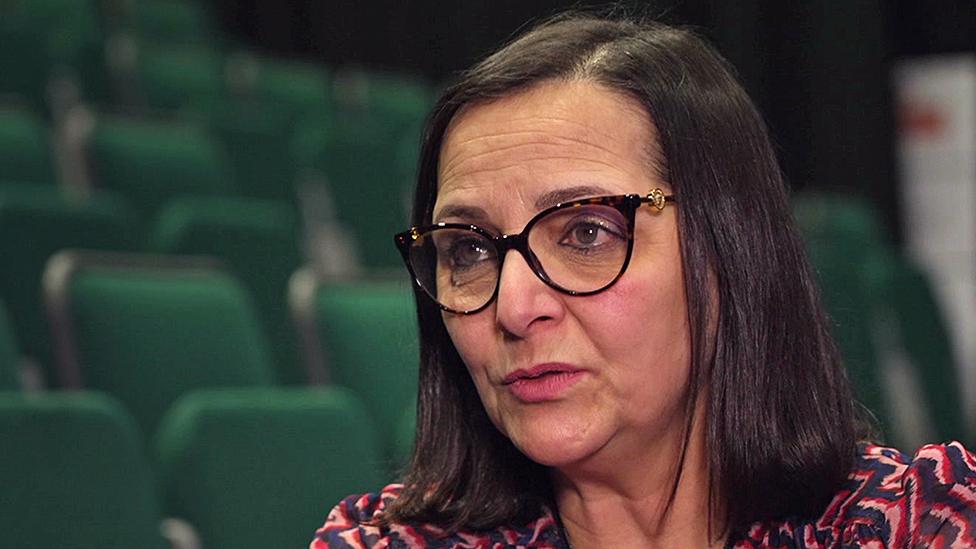
- Published3 March 2023

- Published2 March 2023
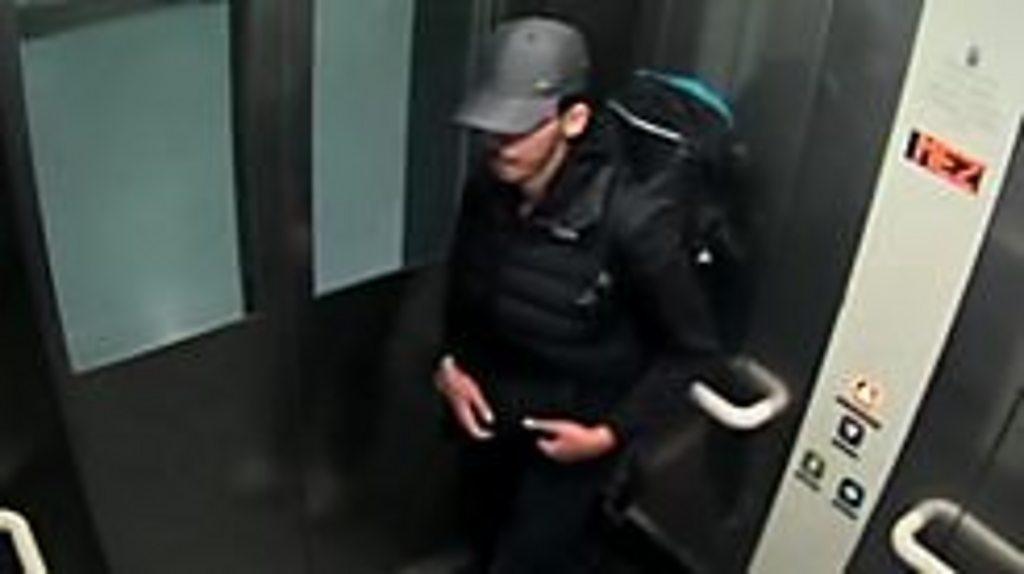
- Published28 February 2023
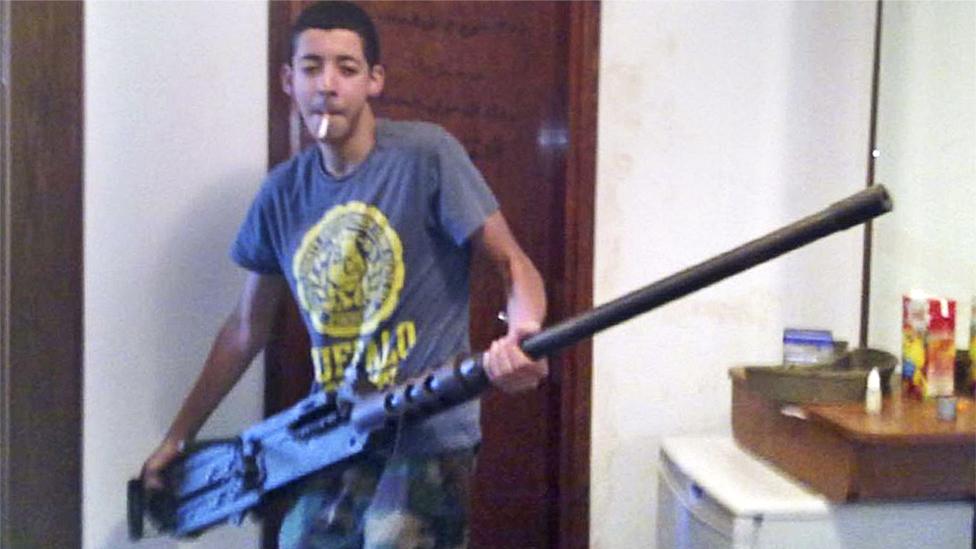
- Published3 November 2022
